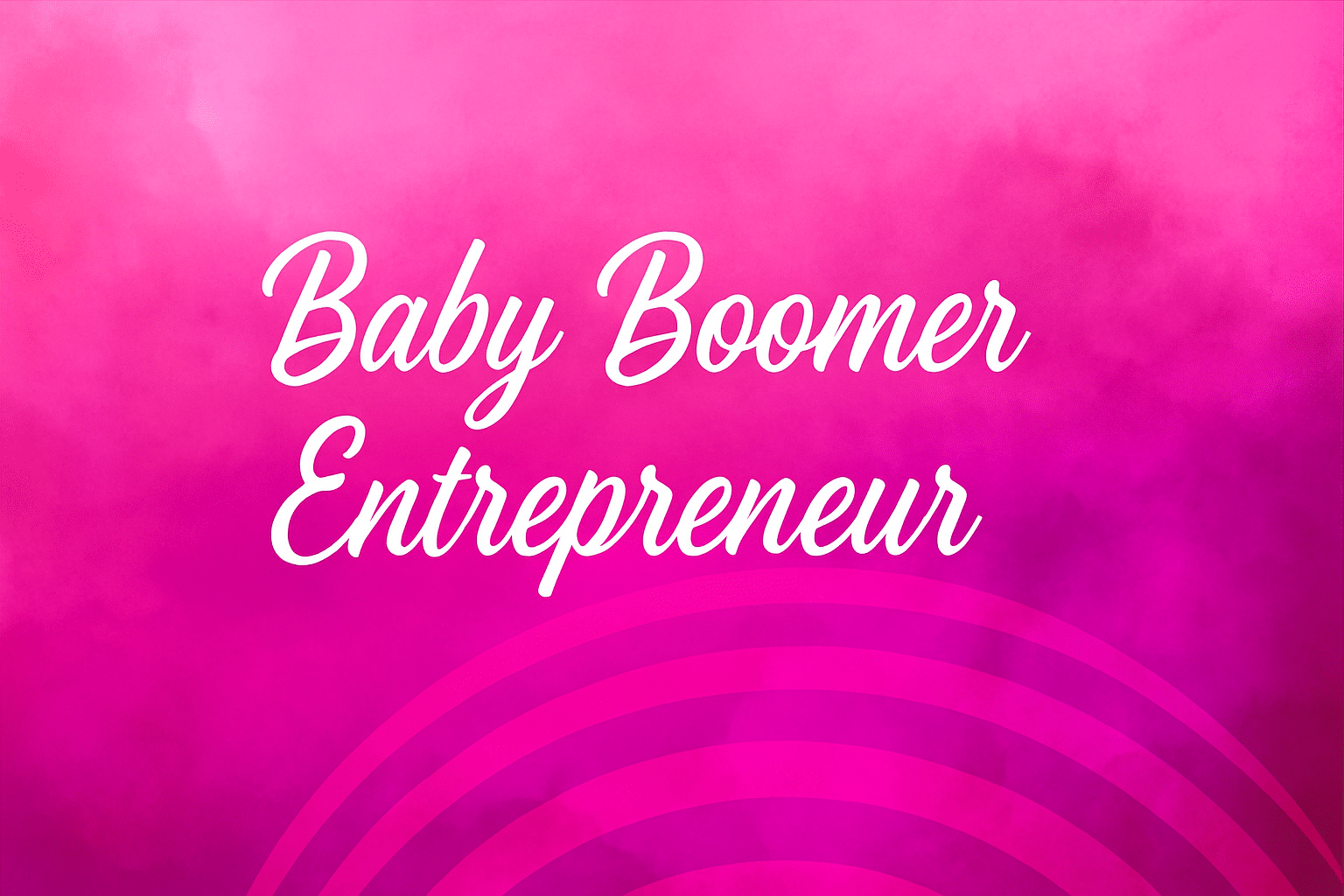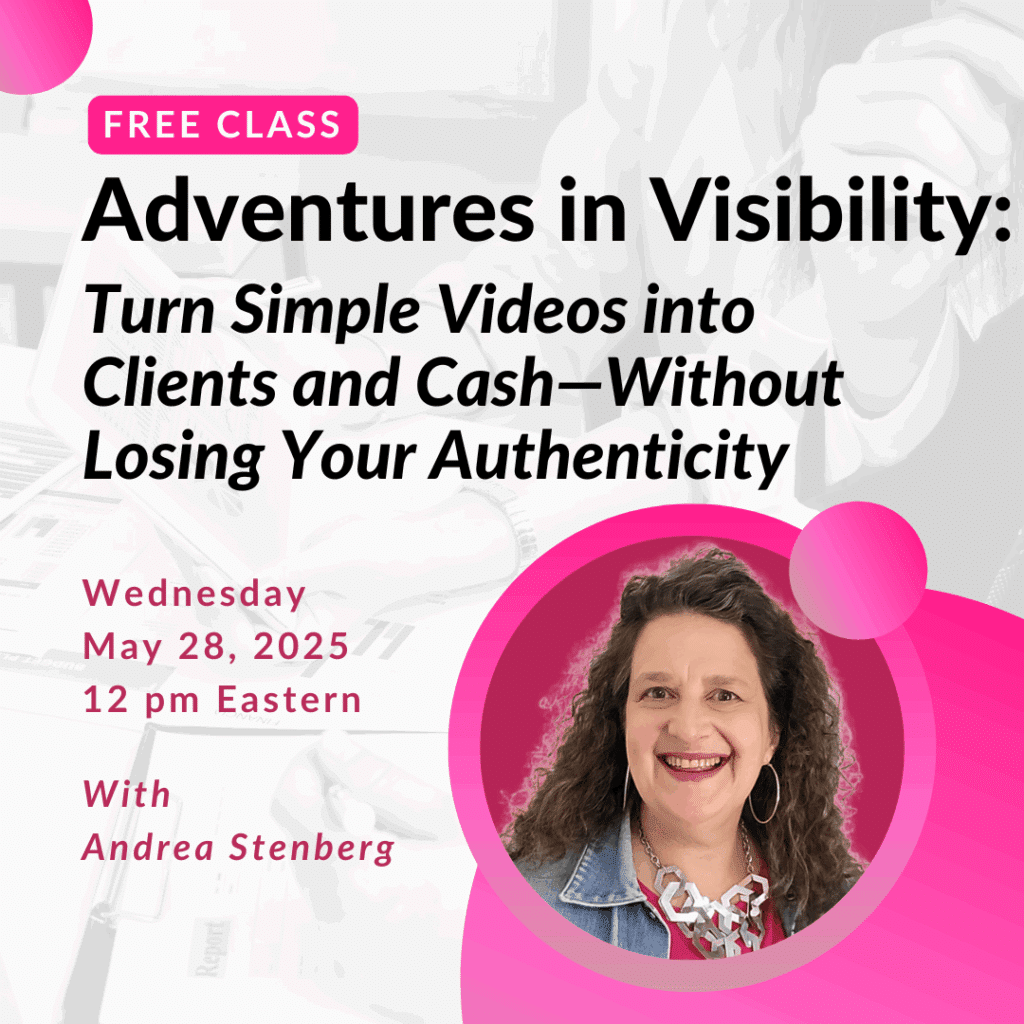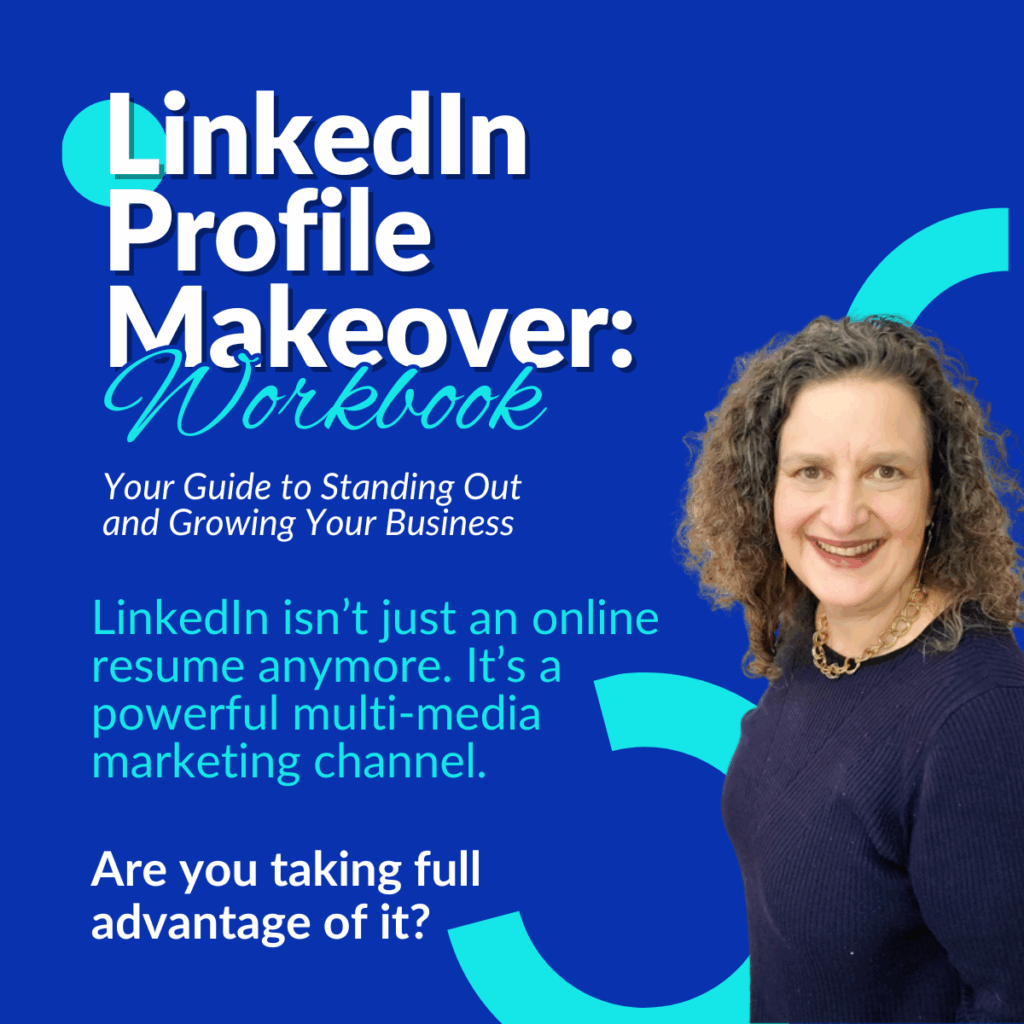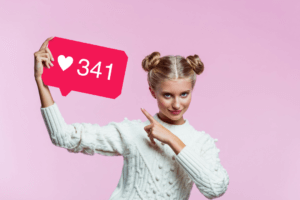One of the reasons social media has become so pervasive is that we all prefer to do business with people we know, like and trust. We’ve become suspicious of marketing and advertising; too often people don’t deliver what they promise. We can’t afford to spend our money on the unknown. But if I know you, I can trust my money won’t be wasted.
But we can’t always be intimate acquaintances of everyone we need to do business with. That’s where networking comes in. I may not know you, but if my friend Mary knows you and vouches for you, then I’m willing to trust that you’ll do what you say.
The internet changes networking – a little
However, the world has grown. As the internet makes Marshall McLuhan’s global village a reality, we want and need to do business with people who are further afield. We can’t meet everyone we do business with if sometimes they are in different cities, time zones, countries or even continents.
That’s where social media (also known as social networking) filled the gap. Now we can “meet” and get to know virtual acquaintances from anywhere in the world. The same level of trust can be created by virtual recommendations.
This network of meeting and vouching for people virtually has been referred to as the “reputation economy”. It’s not just what you do and how your market yourself that matters. It’s your professional reputation that really counts in the long run.
LinkedIn is one site where this is particularly true. A social networking site for business professionals, LinkedIn allows you to build relationships, network and do business. You are judged by what you’ve done, what you say, how you conduct yourself and who you know.
Recommendations Strengthen Your Reputation
One feature of LinkedIn that really allows you to showcase your reputation is recommendations. People who are connected to you can give you a recommendation. This can be from the point of view of a customer, a business partner, a co-worker or employer.
A LinkedIn recommendation really aids your reputation in a number of ways. First, it’s like when our mutual friend Mary vouches for you. However, on LinkedIn, I don’t have to know Mary for you to benefit from her recommendation. Anyone looking at my profile can also see my recommendations.
Second, a LinkedIn recommendation means that not only has someone taken the time to say this person is good at what they do, but everyone knows the recommendation has not been altered. It is a true and accurate representation of what the recommender said. No editing or fabrications are even possible.
Third, the process is entirely transparent. It is dead easy for everyone to look at the source of the recommendation. If the person writing the glowing recommendation has written virtually the same one for each of his contacts, you know the recommendation is likely meaningless. However, if the person writing the recommendation has written a detailed and specific comment and has been sparing in her praise to others, you know that words likely have value.
Finally, giving recommendations has an impact on the reputation of the recommender. In the reputation economy, honesty is necessary in all areas of business. If you give a falsely glowing recommendation to someone just so you can get one back, eventually this is going to harm your own reputation. If you can’t be trusted to accurately report on the quality of another’s work, where else are you untrustworthy?
Getting Recommendations
In an ideal world, everyone would take the time to give a written recommendation for excellent service. But we all live in the real world. We get busy. We forget the niceties. We may even mean to send a letter but we forget.
That is why in LinkedIn, it is perfectly acceptable and professional to request recommendations. Look through your list of contacts. Are there happy current or former customers? Past co-workers? Former employers? Joint venture partners? Anyone who knows your work and has a good opinion of it (and you) can be asked. This is not being pushy. It’s not tooting your own horn. It’s not rude. It is a smart and professional way of building your reputation.
Are mutual recommendations okay?
Often times if you check out a recommendation on LinkedIn, you’ll that the receiver has made a reciprocal recommendation. Does this weaken the recommendation? No.
Consider this. I have a graphic design who does work for me. I’ve brought her in on projects where a client of mine needs design work. I’ve known her for years. I can easily comment on her abilities from the perspective of a customer and as a business partner.
At the same time, over the years I’ve done considerable work for her. I’ve written and edited copy for both her and some of her clients. She can just as easily comment about my abilities as I can hers. That’s fairly normal in business. If someone is a good customer, don’t you want to give them a shot when you need products or services they offer? It solidifies the business relationship.
If you don’t have any recommendations on LinkedIn, take a look through your connections and make some requests. And of course, as you are searching for people who might recommend you, if you come across someone whose work is exemplary, take a moment to give them an unsolicited recommendation. They’ll appreciate it.
Andrea J. Stenberg
Have you ever requested a recommendation on LinkedIn? Have you ever been asked to give one? Share your experiences or thoughts by leaving a comment below. And as always, if you send me an invitation to connect on LinkedIn, and mention you’re a reader of this blog, I promise to accept your invitation.









